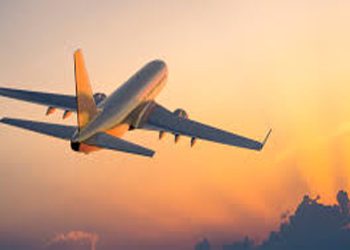“All animals are equal, but some animals are more equal than others.” This quote from George Orwell’s allegoric novel Animal Farm is about the disparities in life. This sentence is a comment on the hypocrisy of governments that proclaim absolute equality of their citizens but give power and privileges to a small elite.
Everyday there is an instance of this. In our society, we have a special category called the VVIPs who are not aristocrats, nor the crème de la cream, or the VIPs. This group has power, privilege and a sense of entitlement. We have witnessed elite privilege and some of us may even be part of it. If you have ever bribed your way to secure a favour, jumped queue at the airport, passport office, driving license, or got away with the law, then you are part of the elite privilege.
According to a 2021 UN report, economic privileges accorded to Pakistan’s elite groups including the corporate sector, feudal landlords, political class, and the all-powerful military add up to a staggering $17.4 billion. To put that in perspective, this is more than the country’s foreign reserves today and nearly three times more than the IMF loans we have been seeking and swallowing the bitter pill.
Pakistan is not suffering from an economic or political crisis, it is a victim of elite privilege.
We are facing stark income and economic disparities in society. The increasing polarization is worsening the situation. Some families go to a fancy dinner and spend what others earn in an entire month. Some people have an iPhone in their hands worth more than the annual income of others. This level of inequality is rather obscene.
The biggest beneficiary of these privileges – which may take the form of tax breaks, cheap raw materials, higher output prices, or preferential access to capital, land and services – is the corporate sector, which receives an estimated $4.7 billion in privileges. The corporate sector has used its elite privilege to get billions of tax incentives from the government and not contributing enough.
The next highest recipient of privileges is the richest one percent who collectively own nine percent of the country’s income. Followed by the feudal land-owning class which constitutes 1.1 percent of the population but own 22 percent of arable farmland. Both classes have a strong representation in parliament with most major political parties either from the feudal class or business-owing elite.
Powerful people use their privilege to capture more than their fair share and policies are ineffective in addressing the resulting inequality. This creates a paradox where those responsible for doling out the privileges are also those who are receiving them without realizing there may be a conflict of interest or separation of powers.
The military is another beneficiary of elite privileges mainly in the form of preferential access to land, capital, and infrastructure as well as tax exemptions. The military is also the largest conglomerate of business entities and the biggest urban real estate developer. That’s why defence expenditures are the highest part of our federal budget and despite the economic crisis will rise by six percent this year.
The deep-rooted inequality needs to be addressed by ending the perks and privileges which our elite class has been enjoying. The poorest and richest people have completely different literacy levels, health outcomes, and living standards which are poles apart. We need policies focused on removing these privileges and spending on providing support for the poor on education and healthcare to provide them further economic opportunities.

























